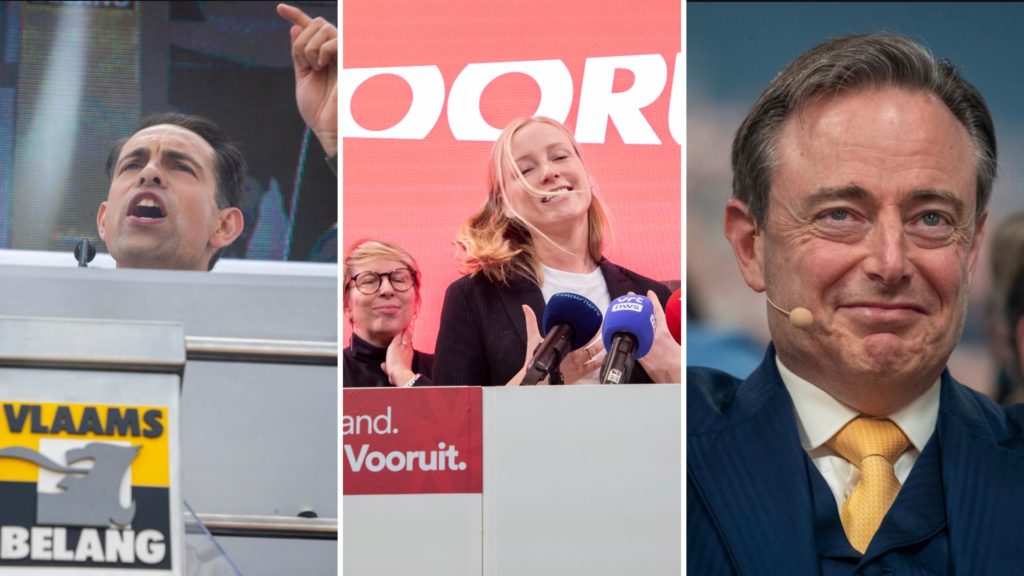Flemish socialist party Vooruit last week tabled a bill for an outright ban on political party advertisements on social media, which grew considerably in 2023.
Vooruit's recently appointed chair Melissa Depraetere tabled the bill last week, but concerns surrounding the high spending by parties in Belgium are nothing new. Depraetere pointed to the recent annual AdLens report, which showed that political parties spent a total of €6 million on political advertisements on Meta (for ads on Facebook and, to a much lesser extent, Instagram) last year – €1 million more than in 2022.
"€6 million of taxpayer money was spent on political ads on social media in one year. This is far too much and too crazy for words," Depraetere said. She acknowledged that parties wish to share their positions on social media but argued that the amount spent on advertisements is "completely abnormal".
The Flemish far-right Vlaams Belang party and Flemish nationalist party N-VA were by far the frontrunners in the most recent report, spending €1,688,244 and €1,680,074, respectively. This means that, together, they spent more than half of the total amount on political ads.
"It is time to spend tax money on what it should be used for, namely strengthening people's purchasing power, investing in healthcare, and our children's education," Depraetere stated. However, Vooruit itself came fourth in the AdLens ranking of political spending, having spent €418,640 on ads in 2023 – up almost 50% since 2022.
Limit or ban?
Depraetere's motion goes significantly further than proposals put forward by environmentalist parties Groen/Ecolo, who called for a spending limit of €1 million per party per year for political ads outside of election periods.
The French-speaking socialist PS party has in the past pleaded for a ban on commercial advertising in the four months before the elections, the so-called "blackout period".
The 2024 election period starts officially on 9 February – four months ahead of the election. This means that political parties must limit their communication spending for four months before the elections, which includes advertising on Facebook and Instagram. Depraetere stressed that the ban must be in place permanently, not only during the blackout period.
Related News
- Buying the election? Right-wing parties' spending on political advertising skyrockets
- 'Improperly spent tax money': Four mini-parties sue Belgium over political party financing
Depraetere did note that advertising on print, radio or television should still be permitted, but that social media platforms do not apply the same quality and transparency requirements and use algorithms and methodologies that carry a high risk of disinformation, psychological influence and deception. "It is not justified that parties or politicians can buy such influence through such platforms."
At the European level, political online advertising has come under fire. In November 2023, EU legislators reached a provisional deal on new rules to make election and referenda campaigns more transparent and resistant to interference. The new rules would regulate (online) political ads, while also providing a framework for political actors to advertise more easily across the EU.

